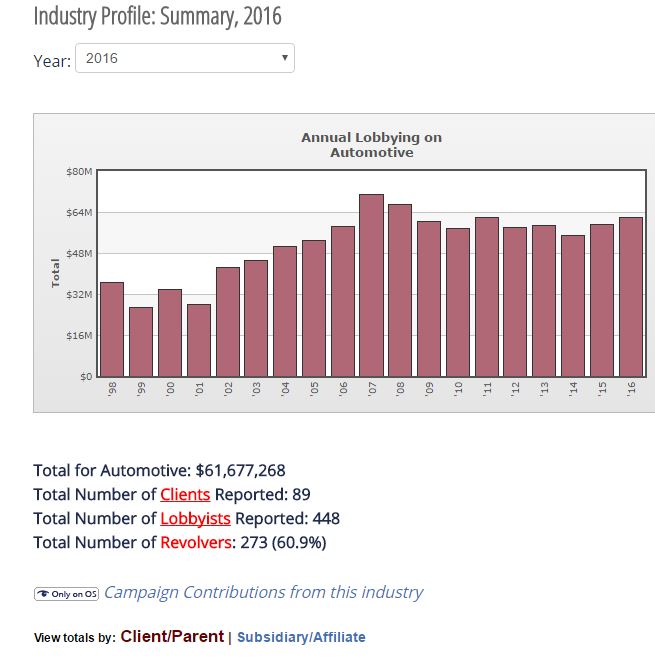News
Indiana is back with another bill to ban Tesla’s direct sales model
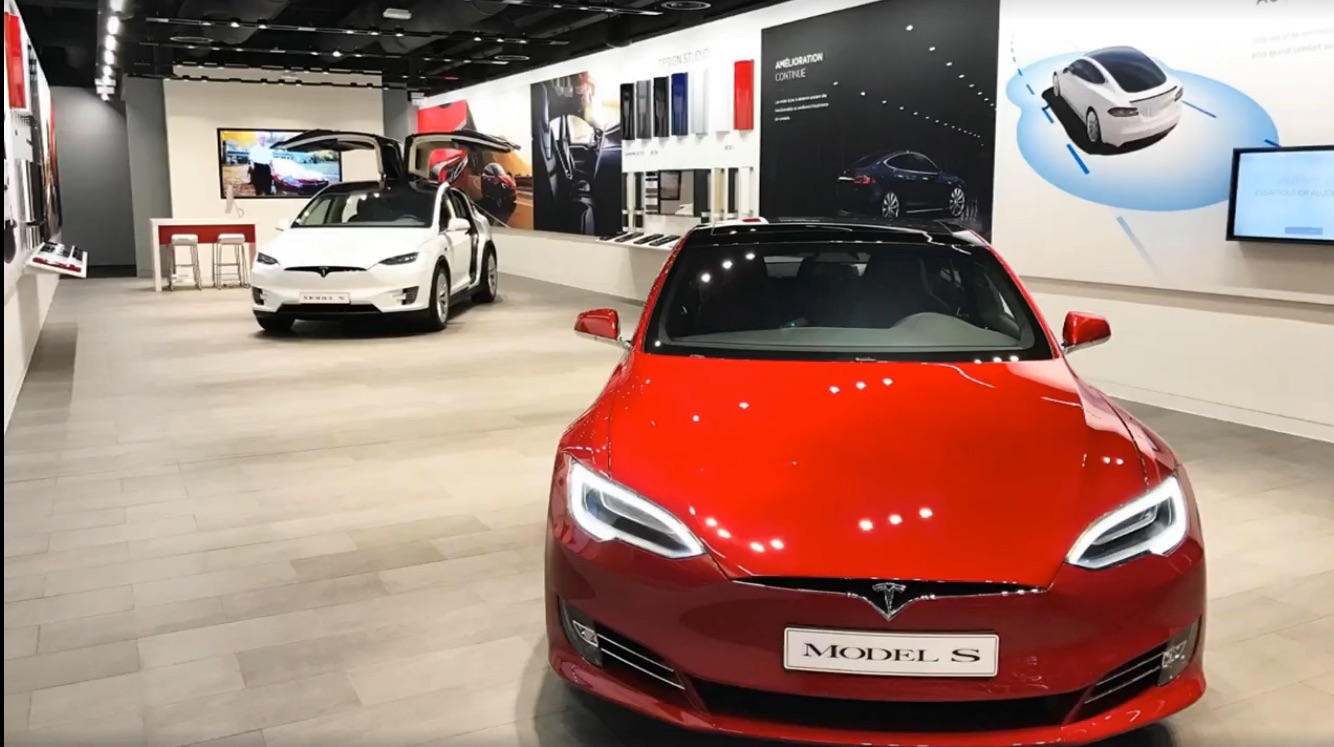
If a proposed Indiana House bill is passed, manufacturers of “all-electric vehicles” would be banned from selling directly to consumers. The bill does not direct any specific language to Tesla Motors, Inc., but the innovative vehicle manufacturer is clearly the target of the legislation. Add Indiana into the mix of Tesla’s long list of court cases pending in which car dealers and automakers claim that they, as intermediaries, have sole right to sell vehicles to consumers.
Indiana House Bill 1592
Indiana automakers have traditionally used an established network of dealers who negotiate with buyers and provide automotive repair services. These automakers are part of a large umbrella of politically influential groups. They argue that Tesla’s model allows the company to evade laws, which confers an unfair advantage to Tesla and provides no accountability to its buyers.
Here is the synopsis of the Indiana House Bill 1592.
Automobile sales requirements. Provides that a manufacturer may engage in sales directly to the public only if the manufacturer meets certain requirements. Provides that a manufacturer can no longer engage in sales directly to the public after the earlier of: (1) reaching 1,000 units in cumulative annual sales; or (2) six years after the initial dealer’s license is granted.
Additionally, Sec. 20. of the bill reads:
A manufacturer licensed under this article may engage in sales directly to the general public only if the manufacturer (1) has exclusively offered for sale to the general public in Indiana all-electric vehicles on a continuous basis since July 15, 2015; (2) has never offered for sale to the general public in Indiana a line make of new motor vehicles through a franchised motor vehicle dealer.
Tesla is the only vehicle manufacturer which meets these particular criteria. Tesla sells its electric vehicles directly to consumers, while other manufacturers like General Motors, Ford, Subaru, and Toyota sell through Indiana dealerships. If passed, the bill would severely limit Tesla’s ability as a manufacturer to sell to the public:
Subject to the expiration schedule under IC 9-32-11-12.5, a manufacturer can no longer sell to the public after the earlier of the following: (1) A manufacturer described in this section reaches cumulative annual sales of one thousand (1,000) units to the general public from its licensed location in Indiana.
The author of the bill, Rep. Edmond Soliday, a Republican, has authored or co-authored several transportation bills, including transportation infrastructure funding, automated traffic enforcement, vehicle excise taxes, and department of transportation property matters. He defeated Midwest Environmental Systems CEO Pamela Fish in the November, 2016 elections. House Bill 1592 will be heard by the Roads and Transportation committee.
Last year another Republican, Rep. Kevin Mahan, supported a similar bill that would have forced manufacturers to sell their vehicles through a dealership. “For the average Hoosier, purchasing an automobile can be daunting and a big investment,” Mahan said. “A greater variety of vehicles are now available and can be brought directly to consumers virtually anywhere in the country. In the event of a recall or malfunction, consumers should be protected.”
Arguments against limiting manufacturer sales
Tesla Motors, Inc.’s Vice President of Corporate and Business Development Diarmuid O’Connell testified against House Bill 1592. “Tesla does not operate through some kind of loophole in Indiana law,” O’Connell said. “The current law is explicit in Tesla’s ability to sell directly and, as written today, it is not broken.” O’Connell’s remarks point to current Indiana law in which an auto manufacturer is not allowed to open a store in direct competition with an affiliated franchised dealer. Tesla has no direct competition franchise dealers in Indiana and has always sold directly to consumers. O’Connell added that Tesla’s presence in Indiana has “brought only good to the consumer welfare without harming anyone — not even the dealers.”
At stake is more than a corporate tug-of-war between automakers. Tesla’s electric vehicles are at the heart of that vision for tomorrow’s consumer domestic transportation and will continue to flourish and change the way automakers in the U.S. and abroad have conducted business as usual.
If “you’re interested in promoting competition and free market principles … you recognize direct distribution, particularly for a company like Tesla, is critically important,” said Todd Maron, the company’s chief counsel, during remarks at a 2016 Federal Trade Commission event. “We don’t simply believe that [electric vehicles] represent a nice complement to gas powered cars. We believe that it’s imperative that they are replaced entirely by electric vehicles.” An end to franchising laws would advance that goal and place low-mileage gas-powered vehicles at risk of obsolescence.
Arguments in favor of limiting manufacturer sales
A coalition of free market groups, led by Americans for Tax Reform President Grover Norquist, argues that ending or restricting automotive franchising would actually decrease consumer choice. Norquist believes that reducing competition among dealers selling the same car brands hurts consumers. Franchising laws were actually created by anti-trust efforts at the Federal Trade Commission and “they sustain market competition rather than undermine it.” Last year, the group accused federal regulators of ignoring evidence that would undermine proposed measures governing automotive sales that stand to enrich what they saw as a “politically-powerful company” at consumers’ expense.
Harry Tepe, owner of Tom Tepe Auto Center in Milan, Indiana, supports legislation that would further protect consumers in the auto industry. “We just want to make sure there are protections in place for the consumers,” Tepe said. “The issue at hand is that the loophole is still open that allows any manufacturer to come in and market a vehicle and sell directly to the public without having any protections in place for the consumer.” He takes the position that dealerships are responsible for being a liaison between the consumer and the manufacturer.
Lobbying on behalf of the automotive industry
Proponents and opponents of Indiana House Bill 1592 are, in many cases, influenced by a powerful automotive lobby in the U.S. Automotive industry lobbyists use a combination of strategies to gain influence. They do a lot of research, sit down with lawmakers one-on-one, deliver messages in writing, and call Congressmen and members of the administration on the phone.
“If you’re a big company, like a carmaker, and you’re lobbying lawmakers, you’re almost like a pro sports team. You want to get the big names, the most talented, most knowledgeable people,” said David Levinthal, communications director for the Center for Responsive Politics, a non-partisan research group that tracks the money spent in the U.S. political system and its effect on elections and public policy. “So, these big companies, in the major industries, hire former Congressmen and top Congressional staffers and other high-ranking government officials to be their lobbyists, because those are the folks who know who all the other major players are and they know the ways of Washington.”

News
Tesla Model Y and Model 3 named safest vehicles tested by ANCAP in 2025
According to ANCAP in a press release, the Tesla Model Y achieved the highest overall weighted score of any vehicle assessed in 2025.
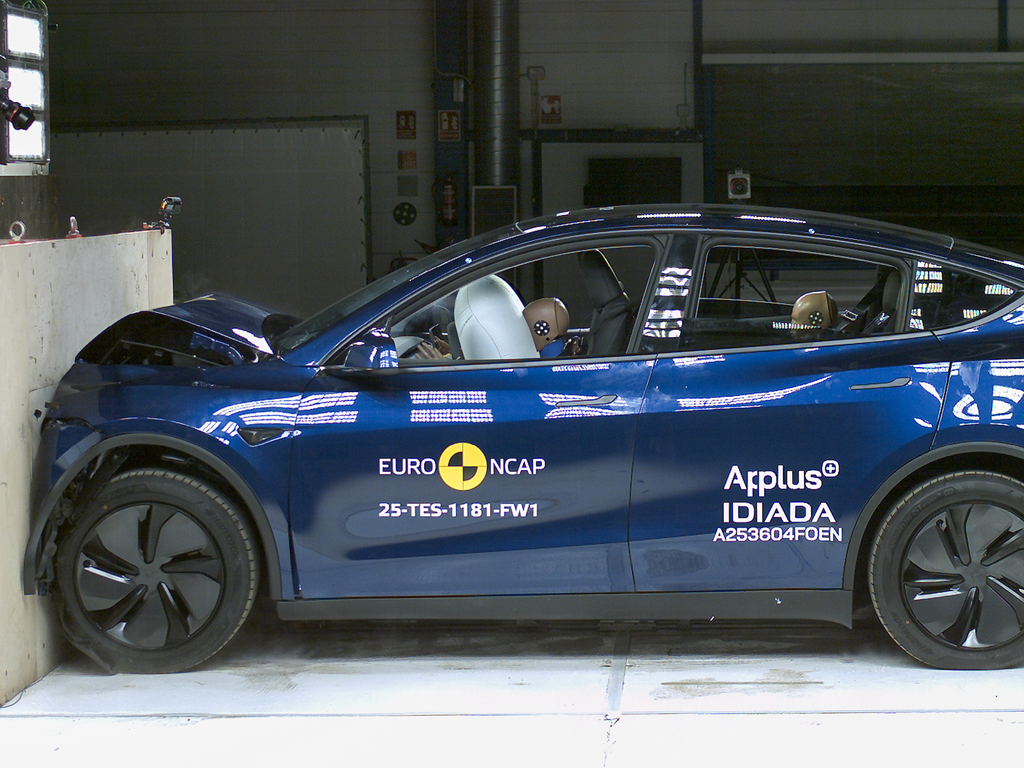
The Tesla Model Y recorded the highest overall safety score of any vehicle tested by ANCAP in 2025. The Tesla Model 3 also delivered strong results, reinforcing the automaker’s safety leadership in Australia and New Zealand.
According to ANCAP in a press release, the Tesla Model Y achieved the highest overall weighted score of any vehicle assessed in 2025. ANCAP’s 2025 tests evaluated vehicles across four key pillars: Adult Occupant Protection, Child Occupant Protection, Vulnerable Road User Protection, and Safety Assist technologies.
The Model Y posted consistently strong results in all four categories, distinguishing itself through a system-based safety approach that combines structural crash protection with advanced driver-assistance features such as autonomous emergency braking, lane support, and driver monitoring.
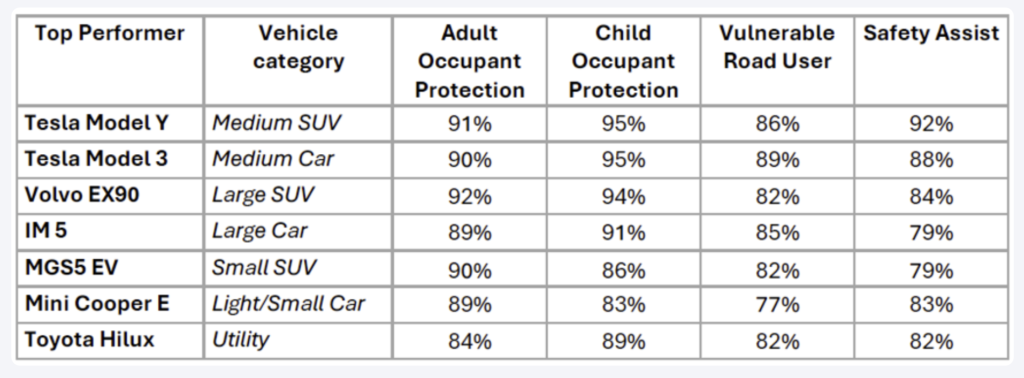
This marked the second time the Model Y has topped ANCAP’s annual safety rankings. The Model Y’s previous version was also ANCAP’s top performer in 2022.
The Tesla Model 3 also delivered a strong performance in ANCAP’s 2025 tests, contributing to Tesla’s broader safety presence across segments. Similar to the Model Y, the Model 3 also earned impressive scores across the ANCAP’s four pillars. This made the vehicle the top performer in the Medium Car category.
ANCAP Chief Executive Officer Carla Hoorweg stated that the results highlight a growing industry shift toward integrated safety design, with improvements in technologies such as autonomous emergency braking and lane support translating into meaningful real-world protection.
“ANCAP’s testing continues to reinforce a clear message: the safest vehicles are those designed with safety as a system, not a checklist. The top performers this year delivered consistent results across physical crash protection, crash avoidance and vulnerable road user safety, rather than relying on strength in a single area.
“We are also seeing increasing alignment between ANCAP’s test requirements and the safety technologies that genuinely matter on Australian and New Zealand roads. Improvements in autonomous emergency braking, lane support, and driver monitoring systems are translating into more robust protection,” Hoorweg said.
News
Tesla Sweden uses Megapack battery to bypass unions’ Supercharger blockade
Just before Christmas, Tesla went live with a new charging station in Arlandastad, outside Stockholm, by powering it with a Tesla Megapack battery.
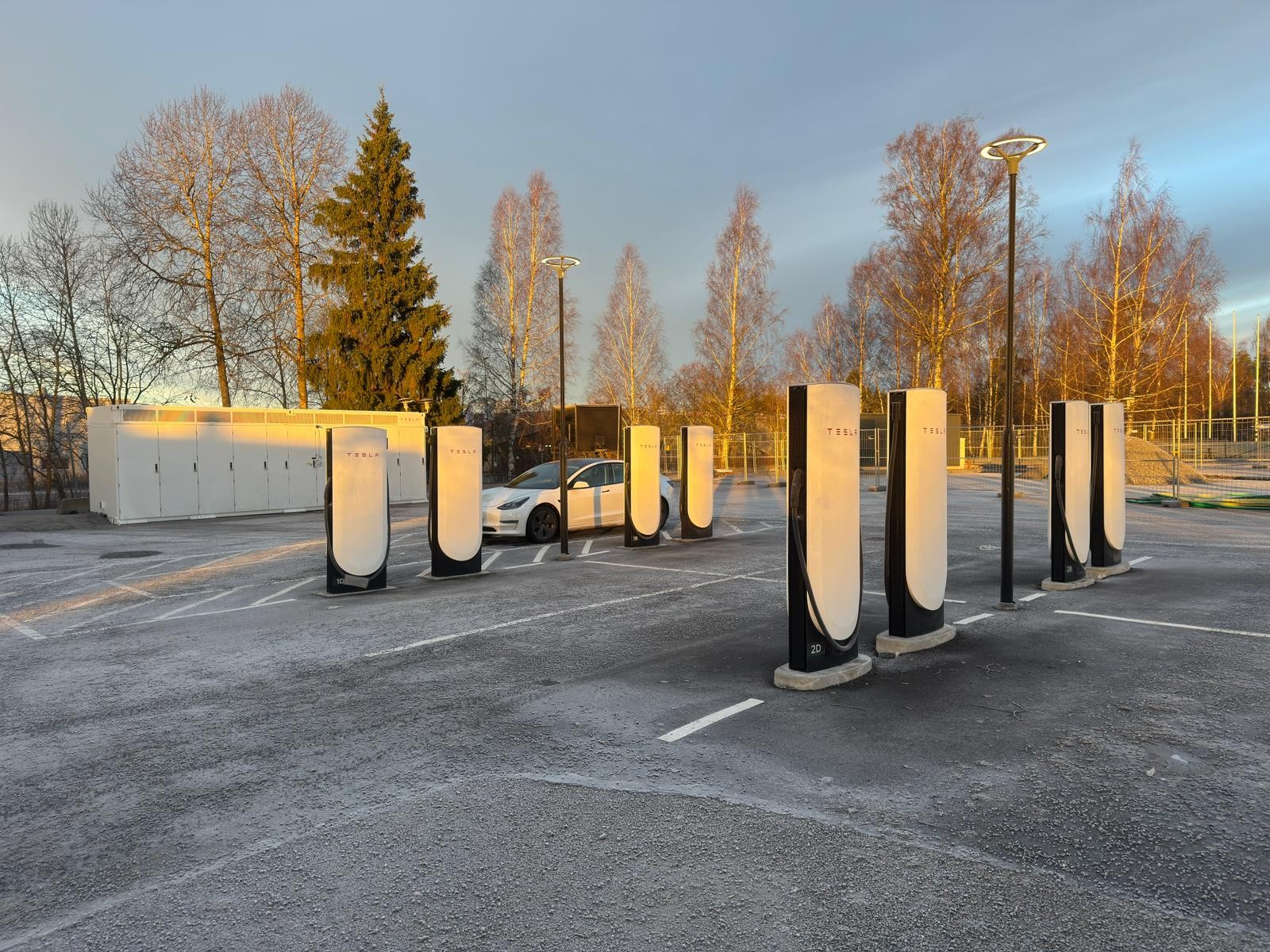
Tesla Sweden has successfully launched a new Supercharger station despite an ongoing blockade by Swedish unions, using on-site Megapack batteries instead of traditional grid connections. The workaround has allowed the Supercharger to operate without direct access to Sweden’s electricity network, which has been effectively frozen by labor action.
Tesla has experienced notable challenges connecting its new charging stations to Sweden’s power grid due to industrial action led by Seko, a major Swedish trade union, which has blocked all new electrical connections for new Superchargers. On paper, this made the opening of new Supercharger sites almost impossible.
Despite the blockade, Tesla has continued to bring stations online. In Malmö and Södertälje, new Supercharger locations opened after grid operators E.ON and Telge Nät activated the sites. The operators later stated that the connections had been made in error.
More recently, however, Tesla adopted a different strategy altogether. Just before Christmas, Tesla went live with a new charging station in Arlandastad, outside Stockholm, by powering it with a Tesla Megapack battery, as noted in a Dagens Arbete (DA) report.
Because the Supercharger station does not rely on a permanent grid connection, Tesla was able to bypass the blocked application process, as noted by Swedish car journalist and YouTuber Peter Esse. He noted that the Arlandastad Supercharger is likely dependent on nearby companies to recharge the batteries, likely through private arrangements.
Eight new charging stalls have been launched in the Arlandastad site so far, which is a fraction of the originally planned 40 chargers for the location. Still, the fact that Tesla Sweden was able to work around the unions’ efforts once more is impressive, especially since Superchargers are used even by non-Tesla EVs.
Esse noted that Tesla’s Megapack workaround is not as easily replicated in other locations. Arlandastad is unique because neighboring operators already have access to grid power, making it possible for Tesla to source electricity indirectly. Still, Esse noted that the unions’ blockades have not affected sales as much.
“Many want Tesla to lose sales due to the union blockades. But you have to remember that sales are falling from 2024, when Tesla sold a record number of cars in Sweden. That year, the unions also had blockades against Tesla. So for Tesla as a charging operator, it is devastating. But for Tesla as a car company, it does not matter in terms of sales volumes. People charge their cars where there is an opportunity, usually at home,” Esse noted.
Elon Musk
Elon Musk’s X goes down as users report major outage Friday morning
Error messages and stalled loading screens quickly spread across the service, while outage trackers recorded a sharp spike in user reports.
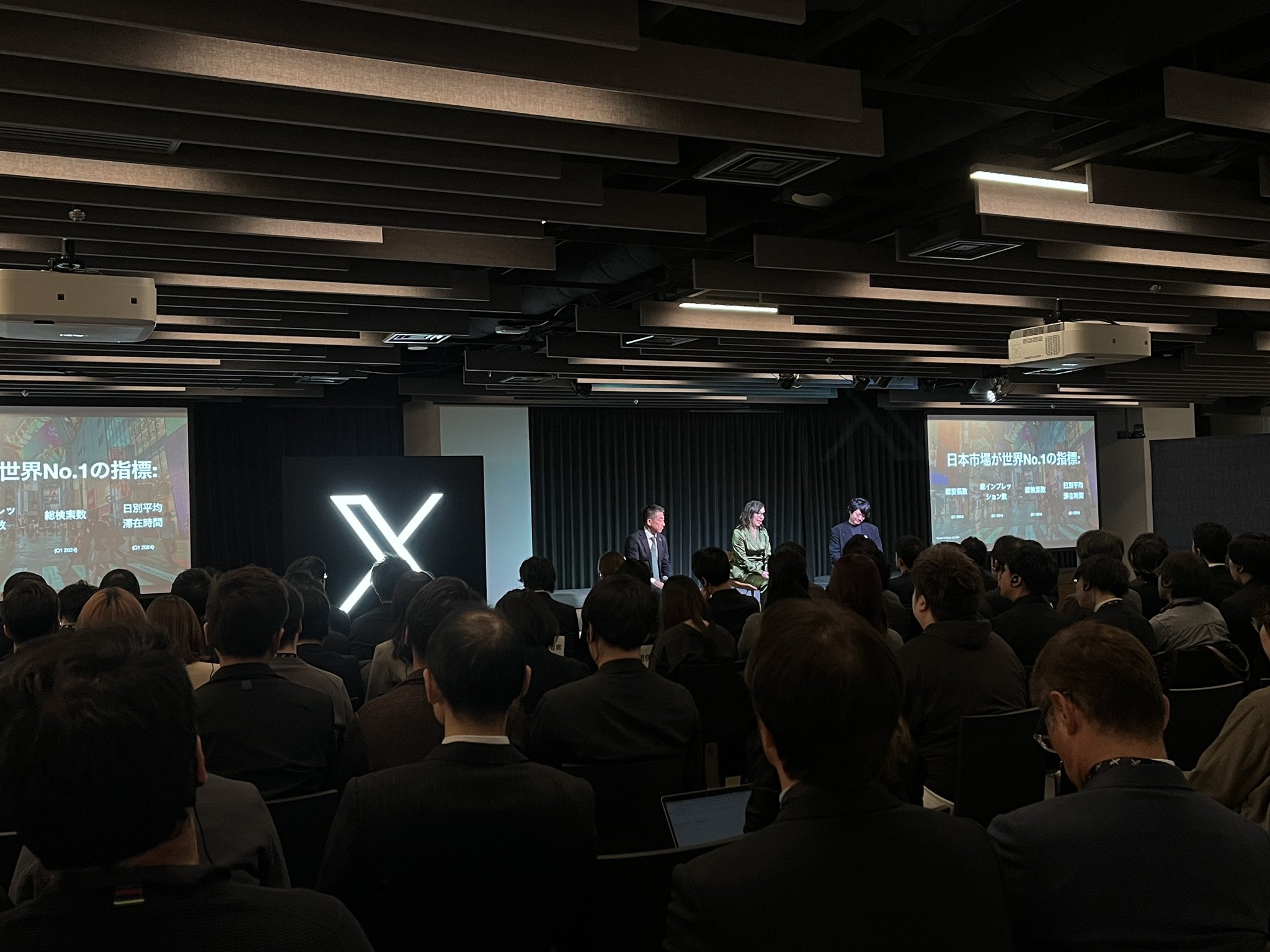
Elon Musk’s X experienced an outage Friday morning, leaving large numbers of users unable to access the social media platform.
Error messages and stalled loading screens quickly spread across the service, while outage trackers recorded a sharp spike in user reports.
Downdetector reports
Users attempting to open X were met with messages such as “Something went wrong. Try reloading,” often followed by an endless spinning icon that prevented access, according to a report from Variety. Downdetector data showed that reports of problems surged rapidly throughout the morning.
As of 10:52 a.m. ET, more than 100,000 users had reported issues with X. The data indicated that 56% of complaints were tied to the mobile app, while 33% were related to the website and roughly 10% cited server connection problems. The disruption appeared to begin around 10:10 a.m. ET, briefly eased around 10:35 a.m., and then returned minutes later.
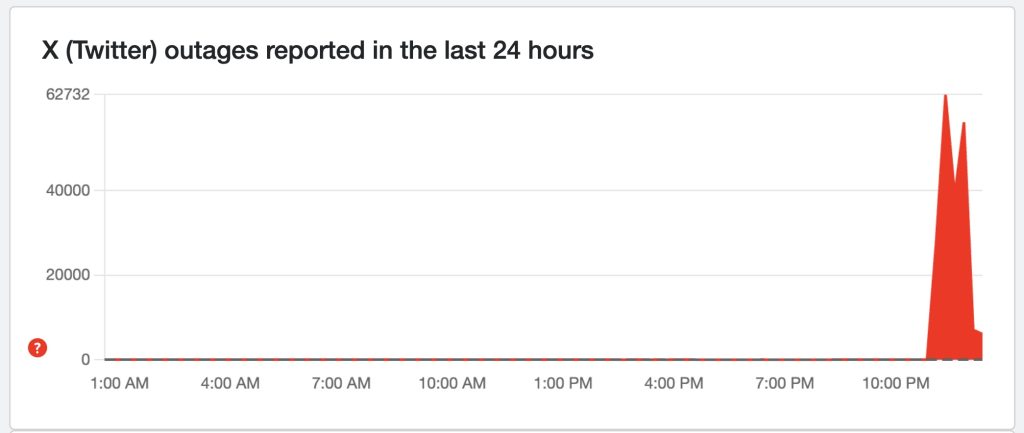
Previous disruptions
Friday’s outage was not an isolated incident. X has experienced multiple high-profile service interruptions over the past two years. In November, tens of thousands of users reported widespread errors, including “Internal server error / Error code 500” messages. Cloudflare-related error messages were also reported.
In March 2025, the platform endured several brief outages spanning roughly 45 minutes, with more than 21,000 reports in the U.S. and 10,800 in the U.K., according to Downdetector. Earlier disruptions included an outage in August 2024 and impairments to key platform features in July 2023.
